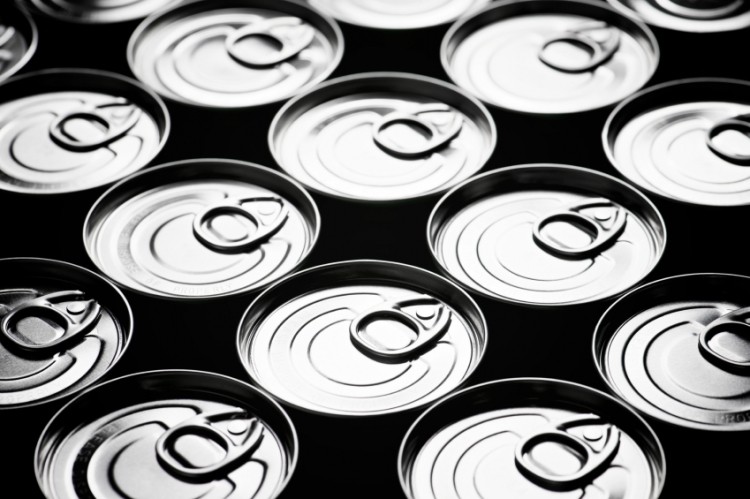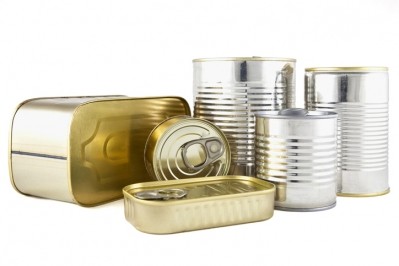EU expresses ‘high concern’ for hormone disrupting chemical Bisphenol A

According to the European Chemical Agency (ECHA), Bisphenol A (BPA), an organic man-made compound, is a substance of “very high concern because of its endocrine disrupting properties”.
The compound is linked to a number of conditions including impaired thyroid function, metabolic disease and neurological learning difficulties.
Its effects on the reproductive system are also of concern although evidence is weak and tentative.
“Bisphenol A is already listed in the Candidate List due to its toxic for reproduction properties,” ECHA said.
“At the Member State Committee (MSC) meeting earlier this week, MSC unanimously agreed on its additional identification as a substance of very high concern (SVHC) which give rise to an equivalent level of concern to carcinogenic, mutagenic, toxic to reproduction substances.”
ANSES action
The judgement closely follows that of the French Agency for Food, Environmental and Occupational Health & Safety (ANSES), which in February 2017, submitted a proposal to the European Chemicals Agency (ECHA) highlighting these very concerns.
The decision means that the food industry must notify ECHA of the presence of BPA in all imported or manufactured items and inform buyers when items contain the substance.
The inclusion of BPA on ECHA’s list also means BPA may be submitted to authorisation as a substance. Such authorisation would be temporary and subject to renewal.
The European Food and Safety Authority (EFSA) remain unmoved by this latest decision, standing by its decision back in October 2016 that states evidence is too limited to draw any conclusions for human health.
This was despite the recognition of data that confirmed EFSA’s previous conclusion that BPA might affect the immune system in animals.
EFSA’s risk assessment maintains that a tolerable daily intake (TDI) for BPA of 4 micrograms per kilogram of body weight (µg/kg bw/day) is safe.
In its evaluation, EFSA concluded, that there is no consumer health risk from current BPA exposure.
On endocrine disruption, EFSA’s expert panel concluded that “based on the WHO criteria, it is not possible to conclude that BPA is an endocrine disruptor.”
However, they are due to re-evaluate BPA toxicity again when a two-year study by the U.S. National Toxicology Program is expected to become available in 2017.
BPA industry use
As well as food packaging, BPA is used in polycarbonate to make food containers and infant feeding (baby) bottles.
Residues of BPA are also present in resins used to make protective coatings and linings for food and beverage cans.
BPA can migrate in small amounts into food and beverages stored in materials containing the substance.
“This is a big step in protecting Europeans’ health and illustrates the need to speed up the pace in identifying and regulating Endocrine Disrupting Chemicals (EDCs) at EU level,” said Natacha Cingotti, Health and Chemicals policy officer at the Health and Environment Alliance.
“Although the adverse effects of BPA have been documented extensively, the difficulties to get it recognised as an endocrine disruptor is yet another reminder of the critical importance to get the proposed EDC criteria right in the coming weeks,” she added.
The Polycarbonate/Bisphenol A group (PC/BPA) representing Plastics Europe, a European trade association, expressed concern at the decision arguing it was not consistent with the weight of the scientific evidence.
“We do not understand the decision of the Member State Committee to support the Annex XV dossier on BPA put forward by the French authorities,” said Jasmin Bird, speaking on behalf of the PC/BPA Group of Plastics Europe.
“The decision is in contrast with our thorough assessment of the scientific data on BPA. Furthermore, it is opposite to the conclusion reached by the European Food Safety Authority (EFSA): The independent EFSA expert panel concluded that based on the WHO criteria BPA is not an endocrine disruptor,”
“We are highly concerned about this development. We believe that this weakens the strong principle of science-based regulatory decisions in the EU, and will result in further uncertainty without providing benefit to the safety of consumers.”
























